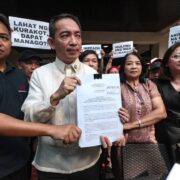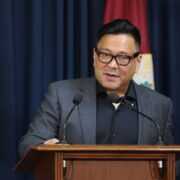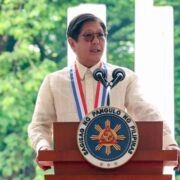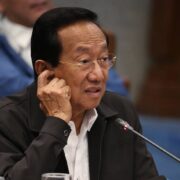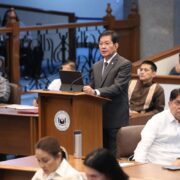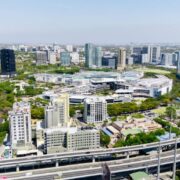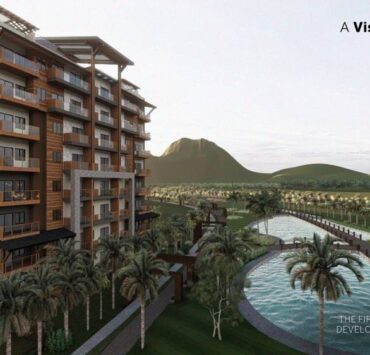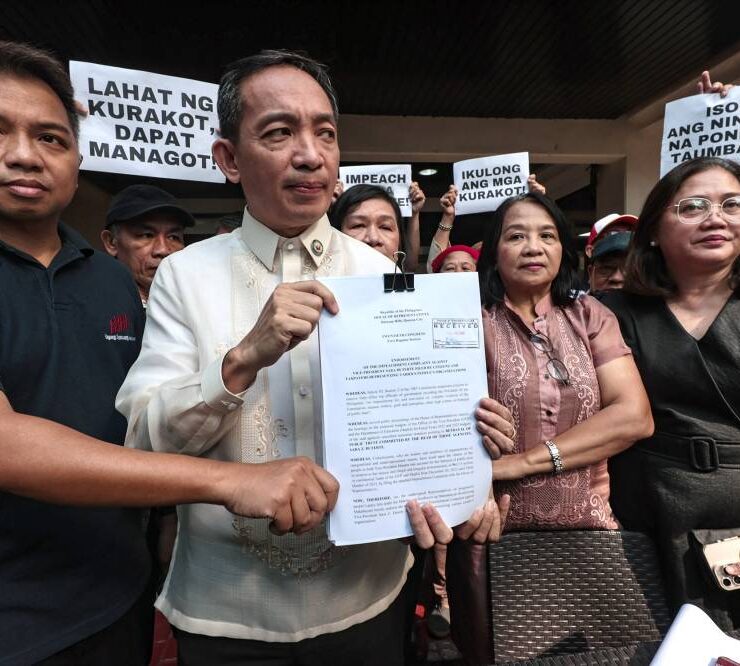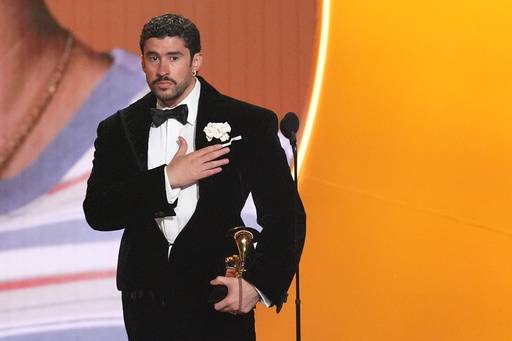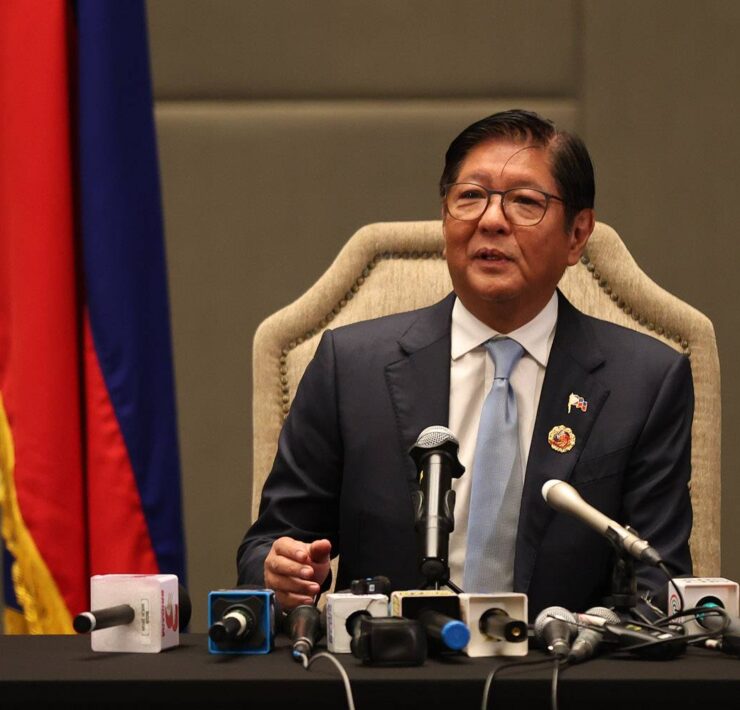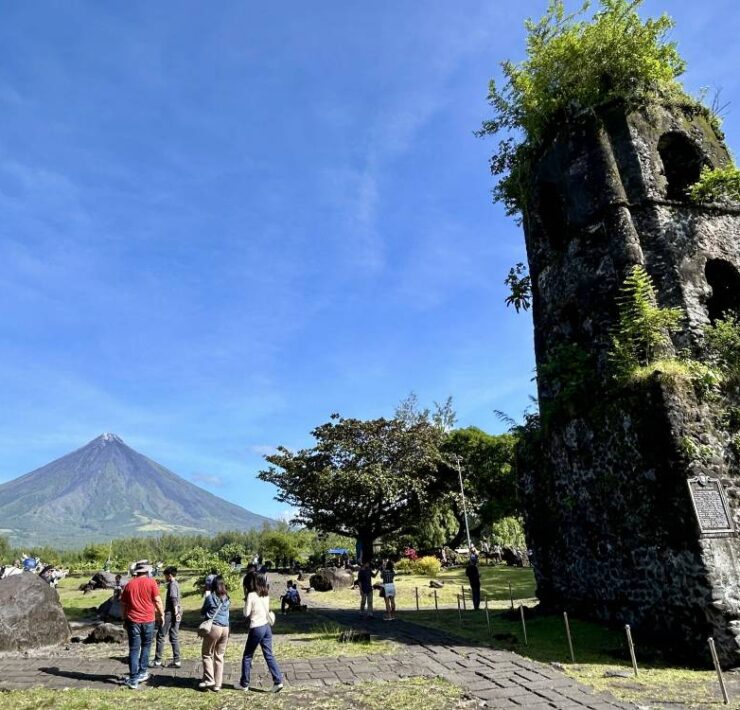‘Green-vesting’: The rising demand for nature-focused real estate
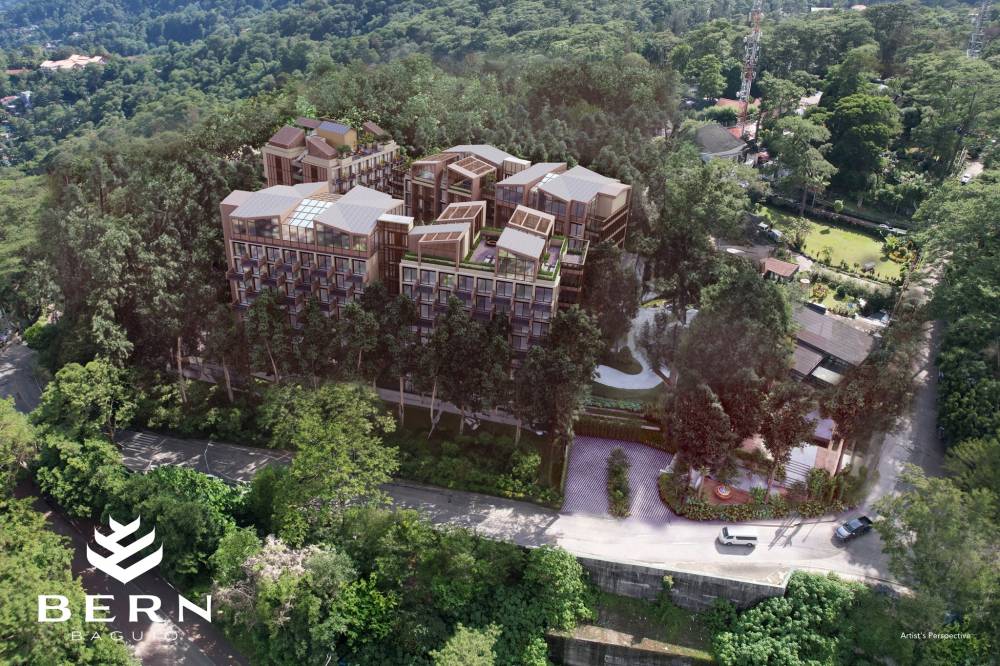
More than ever, nature is becoming a crucial consideration in real estate investments, as people recognize its impact on both property values and well-being, especially after the pandemic.
Nature improves quality of life
Global studies highlight the benefits of living near nature, but this is particularly significant for Filipinos, whose culture has long been intertwined with the natural environment.
In rural areas, nature has traditionally provided sustenance and livelihood, and even in urban settings, the yearning for greenery remains. A study from the Harvard T.H. Chan School of Public Health revealed that living near green spaces can lead to a 12 percent lower mortality rate compared to areas with fewer natural surroundings.
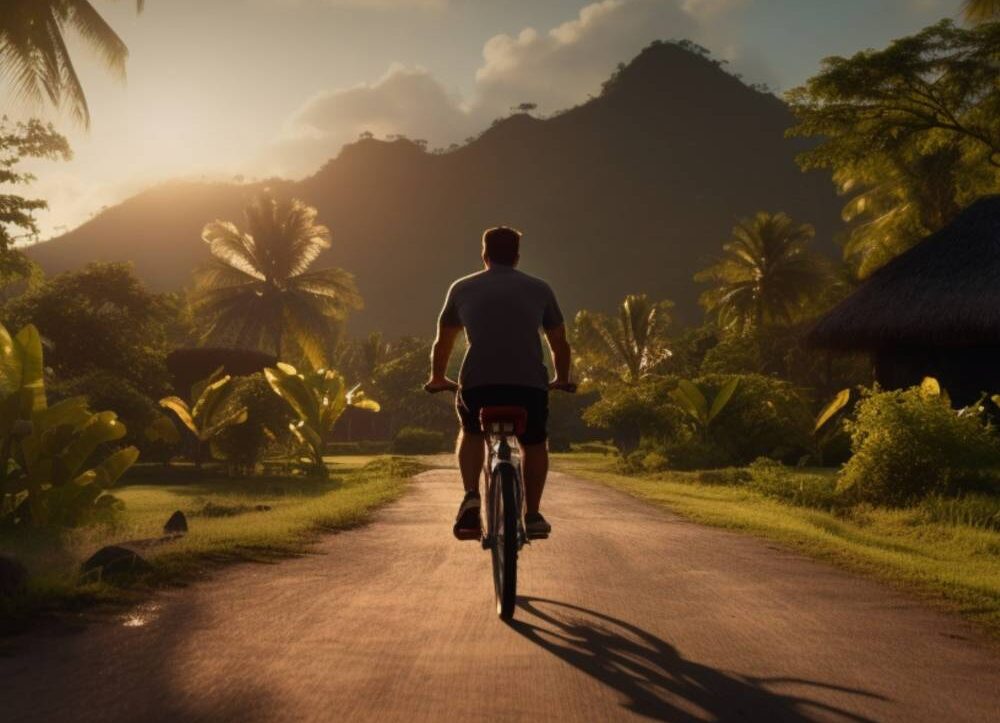
For Filipinos, this isn’t just a statistic—it’s a reflection of values deeply rooted in “Bayanihan”, the spirit of communal unity.
Besides the aesthetic appeal, trees, parks, and gardens also offer vital benefits like improved air quality, reduced stress levels, and greater opportunities for social interactions. In fact, studies conducted by the World Health Organization have linked access to green spaces with lower rates of depression, anxiety, and mental health disorders.
Green spaces drive real estate value
Investing in properties near nature isn’t just about improving quality of life—it’s also about making sound financial decisions.
The economic benefits of green spaces on property values are well-documented globally, but they are especially relevant in the Philippines, where urban sprawl is on the rise. A University of Washington study revealed that homes located near parks and natural areas can experience a property value increase of 8 to 20 percent.
In Metro Manila, where space is scarce, projects like Crosswinds in Tagaytay, Nuvali in Laguna, and the BGC Greenway Park are excellent examples of how incorporating green spaces into urban planning drives demand.
Crosswinds, a Swiss-inspired development in Tagaytay City, features residences and retail surrounded by some 35,000 pine trees and lush trails. This allows guests and residents to enjoy the cool clime, fresh air and nature within this community.
the BGC Greenway Park—the longest urban park in Metro Manila—demonstrate that Filipinos are willing to pay a premium for homes that offer proximity to nature.
Sustainable living is the future
Being in the Pacific Ring of Fire, the Philippines is one of the most climate-vulnerable countries in the world, according to the World Bank.
This reality is driving an increased demand for sustainable real estate where nature plays a key role. As more Filipinos become aware of climate risks, there is growing interest in homes and developments that embrace eco-friendly features.
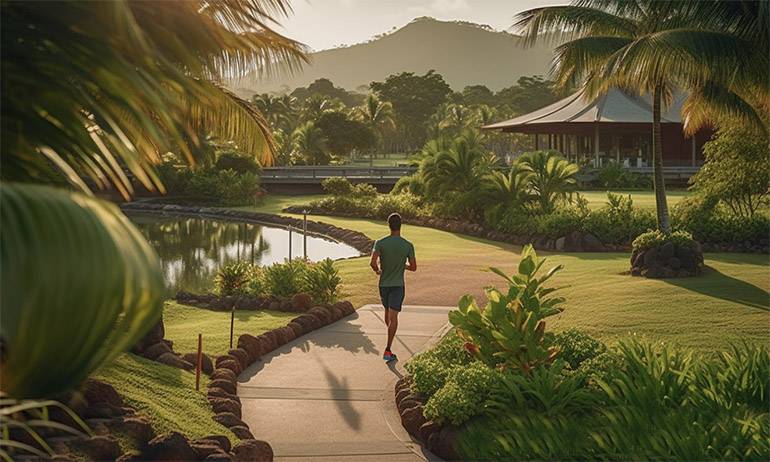
Many developers are responding to this demand by creating “green” communities, incorporating elements like eco-parks, rain gardens, and green roofs into their projects.
Ayala Land’s Nuvali and Rockwell’s Proscenium Residences, for example, have become models of sustainability in Philippine real estate, integrating solar energy, water conservation systems, and green spaces. These projects not only cater to environmental consciousness but also align with Filipino values of caring for future generations.
Sustainable developments are not only more resilient to natural disasters but are also perceived as investments in the health and longevity of the community.
ESG in capital markets
The importance of environmental, social, and governance (ESG) factors in investment decisions has grown significantly.
Sustainable investing, which emphasizes financial returns alongside positive societal and environmental impacts, has become a focal point for investors and institutions. This is particularly relevant in the Philippines, where the introduction of Blue and Green Bonds marks a pivotal moment in funding projects that contribute to climate resilience and sustainable development.
Blue Bonds, aimed at supporting ocean and waterway conservation, and Green Bonds, which finance projects with positive environmental impacts, are gaining traction among investors looking to make a difference.
Simplifying investments
FirstMetroSec, the investment supermarket arm of the Metrobank Group, recognized this shift and embraced the principles of ESG in its operations.
By offering innovative solutions that simplify the investment process, FirstMetroSec ensures that sustainable investing is not only accessible but also appealing to a broader audience. Its pioneering online and paperless account opening, account updating, and e-statement systems reflect a commitment to eco-friendly practices that align with the values of today’s conscious investors.
As the financial landscape evolves, platforms like FirstMetroSec are leading the way in making investing both affordable and environmentally responsible, helping to create a brighter future for both investors and the planet.
There’s even an ongoing promo for those who would like to jumpstart their investing journey the eco-friendly way. You may open an account with FirstMetroSec and invest in stocks, bonds, mutual funds and UITFs, ETF and REITs for only P1,000. Make sure you follow them on their socials. Look for their verified and official accounts on Facebook, Instagram, X (formerly Twitter), YouTube, and TikTok.
Nature as investment in health
In recent years, there has been a shift in how Filipinos view their homes, especially with the rise of remote work and home-based businesses.
Access to nature has become an essential factor in maintaining physical and mental wellness. Research from the University of Exeter’s European Centre for Environment & Human Health found that people living near nature are more likely to engage in physical activities, which in turn improves cardiovascular health and reduces stress.
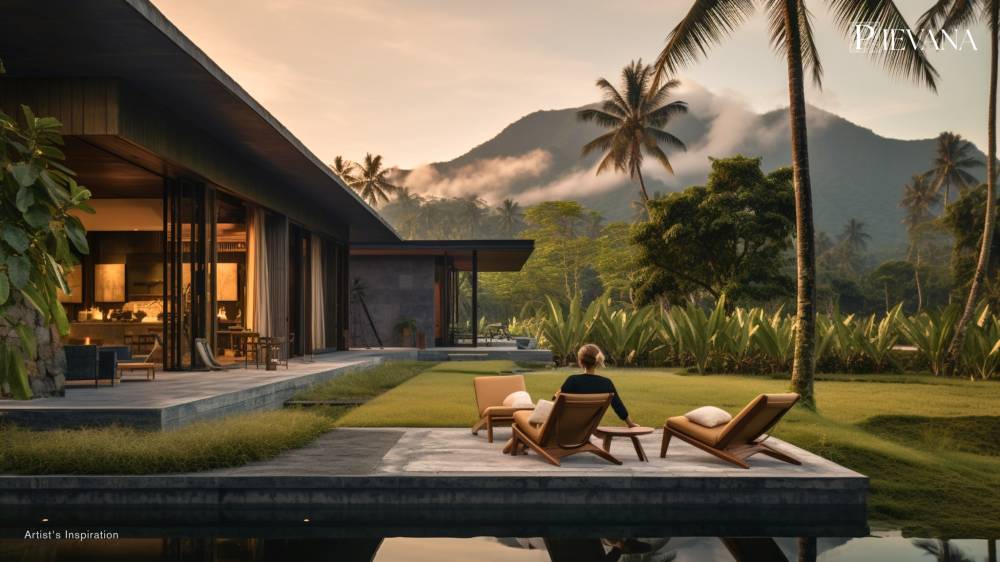
For Filipinos, who place a high value on family health and well-being, this is a major consideration when choosing a home. Suburban developments with parks, bike paths, and tree-lined streets are increasingly sought after, particularly by families looking to escape the congestion of Metro Manila.
Developments such as Vermosa in Cavite are designed with wellness in mind, offering ample spaces for jogging, biking, and outdoor activities—an ideal setting for raising children in a safe, nature-filled environment.
Moreover, Filipino culture places great emphasis on work-life balance, which is why nature-infused environments are also seen as essential to a healthy lifestyle. The notion of “pahinga” (rest) and “pamamasyal” (leisure strolls), both deeply embedded in Filipino daily life, are made easier when nature is a key feature of one’s home environment.
Gone are the days when it was a choice between nature and capital growth. Now, Filipinos can embrace urban convenience, the serenity of green living, and financial gain with green-vesting.
The author has 19 years of experience as an entrepreneur, real estate investor, stock broker, financial literacy advocate, educator and public speaker. He is the vice president and head of Business Development and Market Education Departments together with the OFW Desk of First Metro Securities Brokerage Corp. and is a member of Metrobank’s Financial Education Editorial Advisory Board. He may be reached via andoybeltran@gmail.com


